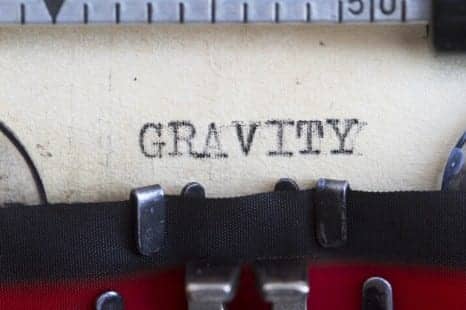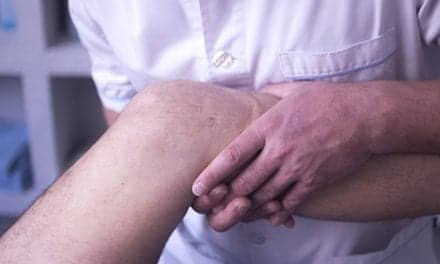Mechanical loading, or gravity, has a possible role in the development of cartilage, according to a study conducted at the University of Missouri (MU) and published in Aerospace Medicine and Human Performance.
The absence of mechanical loading, researchers note, may inhibit cartilage formation and the healing of fractures.
The study was led by Elizabeth Loboa, dean of the MU College of Engineering and a professor of bioengineering. She and her team used human adipose, or fat cells (hASC) obtained from women. Using these cells, they tested chondrogenic differentiation in bioreactors that simulated either microgravity or hydrostatic pressure, which is the pressure that is exerted by a fluid.
They found that cyclic hydrostatic pressure, which has been shown to be beneficial for cartilage formation, caused a threefold increase in cartilage production and resulted in stronger tissues. Microgravity, in turn, decreased chondrogenic differentiation, explains a media release from University of Missouri-Columbia.
“Our study provides insight showing that mechanical loading plays a critical role during cartilage development,” Loboa says, in the release.
“The study also shows that microgravity, which is experienced in space and is similar to patients on prolonged bed rest or those who are paralyzed, may inhibit cartilage and bone formation. Bioengineers and flight surgeons involved with astronauts’ health should consider this as they make decisions for regenerating cartilage in patients and during space travel,” she adds.
[Source(s): University of Missouri-Columbia, EurekAlert]





